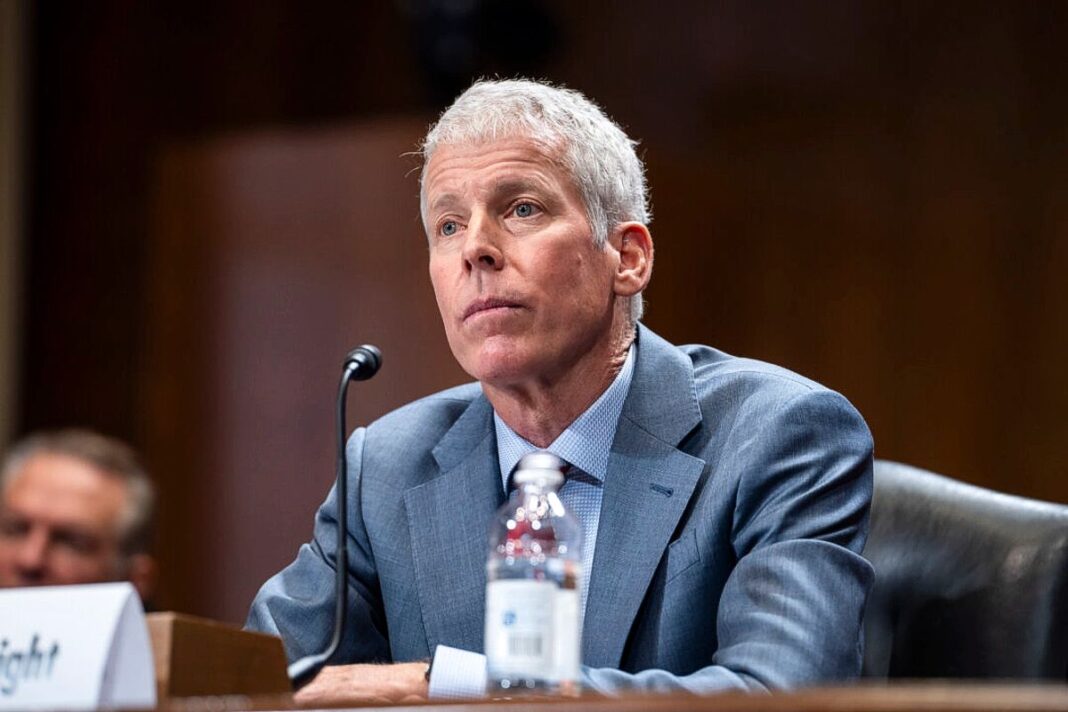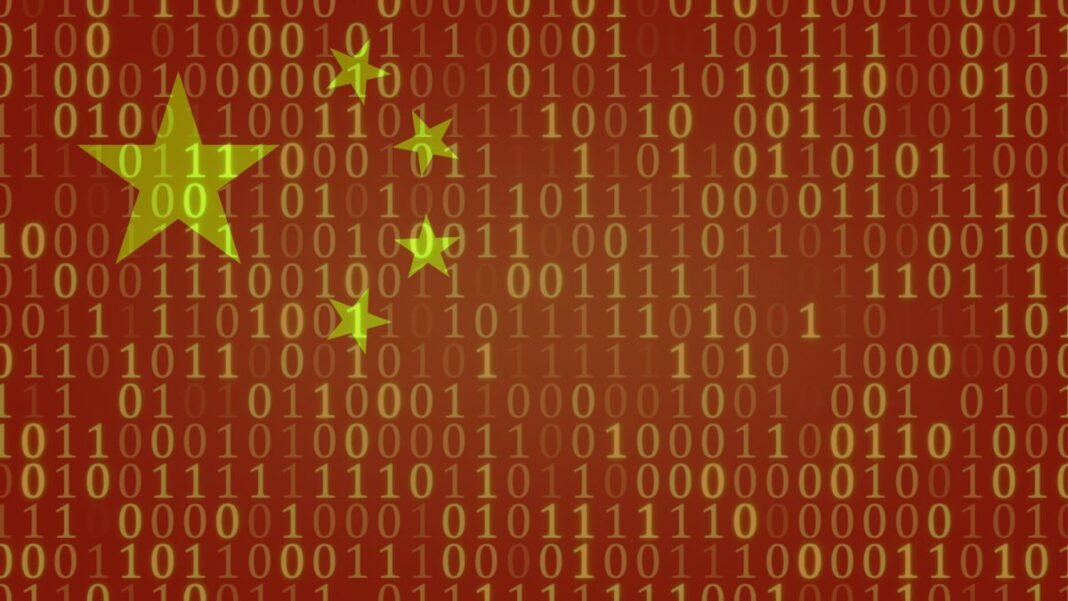The terror group has agreed to a partial hostage release but calls for a permanent truce, aid access, and Israeli military pullout.
The Hamas terrorist group said Saturday it had issued a formal response to a U.S.-backed cease-fire proposal that would pause the war in Gaza for at least 60 days and secure the release of about half of the remaining hostages.
The group said in a statement issued on its Telegram channel on May 31 that, under the deal, it will release 10 living hostages and 18 bodies in return for Israel’s release of an “agreed-upon number of Palestinian prisoners.”
Hamas’s announcement follows weeks of diplomatic efforts led by U.S. Special Envoy to the Middle East Steve Witkoff and other mediators to revive a truce that collapsed in early March, when Israel resumed its military campaign in Gaza citing a breakdown in negotiations.
The latest framework, put forward by Witkoff, proposes a two-month pause in fighting, the initial release of hostages in exchange for Palestinian detainees, and renewed talks toward a permanent end to the nearly 20-month-long war.
Already endorsed by Israeli officials, the cease-fire proposal received a tepid response from Hamas on Thursday. The next day, President Donald Trump said negotiators were closing in on a deal.
“They’re very close to an agreement on Gaza, and we’ll let you know about it during the day or maybe tomorrow,” Trump told reporters in Washington. Late in the evening, asked if he was confident Hamas would approve the deal, he told reporters: “They’re in a big mess. I think they want to get out of it.”
In its Saturday response to Witkoff’s plan, Hamas reiterated its demands for a “permanent ceasefire, a comprehensive withdrawal from the Gaza Strip, and [to] ensure the flow of aid.”
A senior Hamas official told the Associated Press the group was seeking amendments to some points of Witkoff’s proposal, “especially on the U.S. guarantees, the timing of hostage release, the delivery of aid, and the withdrawal of Israeli forces.” The official spoke on condition of anonymity due to the sensitivity of the talks.
By Tom Ozimek







